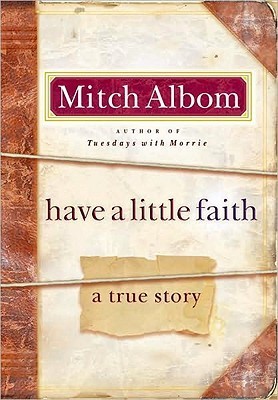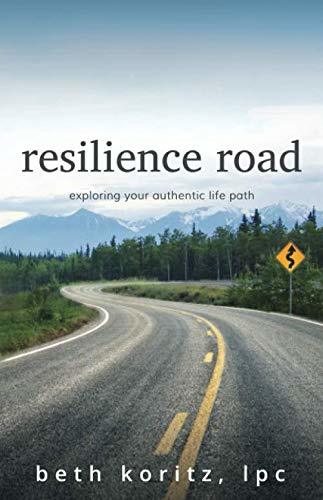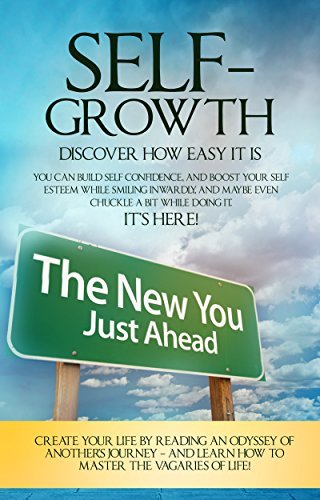
A Million Miles in a Thousand Years: What I Learned While Editing My Life
Book Description
What if life could be edited like a story? In "A Million Miles in a Thousand Years," Donald Miller embarks on a transformative journey, challenging the narratives that define us. Through the art of storytelling, he uncovers the power of choices and the courage to embrace change. With vivid anecdotes and poignant reflections, Miller invites readers to reshape their lives, making each moment more vibrant and meaningful. As he confronts fears and redefines adventure, the question looms: Are you ready to rewrite your own story and live a life worth telling?
Quick Book Summary
In "A Million Miles in a Thousand Years," Donald Miller uses the lens of storytelling to illuminate how we can intentionally reshape our lives. Prompted by filmmakers adapting his memoir into a movie, Miller realizes the narrative gaps in his existence and embarks on a journey to live a more compelling story. Through personal anecdotes, encounters with friends, and faith-based reflections, he confronts his comfort zones, embraces risk, and actively seeks meaning. The book emphasizes that each person is responsible for the plot of their life, and by making meaningful choices, facing fears, and stepping into new adventures, anyone can craft a narrative worth living. Blending humor, vulnerability, and wisdom, Miller inspires readers to edit their own lives and find fulfillment in the stories they tell.
Summary of Key Ideas
Table of Contents
Embracing Life as Story
Donald Miller’s journey begins with the surprising proposition to adapt his bestselling memoir into a film. Observing the screenwriters’ process, Miller is confronted with the reality that his actual life—though sincere—isn’t always story-worthy. This revelation sparks a self-examination of the patterns, routines, and passive choices that have shaped his existence. He is compelled to consider life from the perspective of storytelling, asking: What would make my life a better story? This question leads Miller to recognize the transformative potential of living intentionally and embracing narrative structure as a guide to a purposeful life.
The Power of Meaningful Choices
Central to Miller’s transformation is the recognition that meaningful stories require action, change, and decisions. He reflects on how we often opt for comfort over challenge, and how proactively making choices—especially the difficult or uncomfortable ones—can propel us into richer experiences. Whether it’s biking across the country or reconciling with an estranged father, Miller finds that the intentional pursuit of meaning, rather than passive contentment, shapes a compelling existence. Each choice becomes a plot point, helping him seize both adventure and growth.
Facing Fear and Risk
Throughout his journey, Miller grapples with the ever-present fears that hold us back from living boldly. He acknowledges the inertia that comes from staying within safe routines, but also the vitality that emerges when we step forward in spite of fear. By sharing personal anecdotes and introspections, Miller illustrates the necessity of risk—how embracing the potential for failure or pain is often the key to transformation. This vulnerability enables him, and by extension the reader, to strive for a life that resonates with authenticity and courage.
The Role of Community and Relationships
Another key theme is the importance of relationships and community in shaping a meaningful story. Miller observes that the best stories are rarely about solitary heroes; instead, they feature connection, sacrifice, and shared experience. By deepening friendships, engaging neighbors, and acting from compassion, Miller learns that our own stories become richer through the bonds we form and the love we give. True fulfillment, he argues, comes from investing in others and being part of something larger than oneself.
Faith, Redemption, and Transformation
Ultimately, faith and redemption underpin Miller’s narrative. He links the art of story to spiritual truths, seeing life as a collaboration with God, where each person is both author and character. The journey of rewriting one’s story is portrayed as an act of faith—embracing hope, forgiveness, and the belief that change is possible. Miller gently challenges readers to trust in transformation, urging them to edit their own lives with purpose and conviction, and to live stories that reflect grace and redemption.
Download This Summary
Get a free PDF of this summary instantly — no email required.





